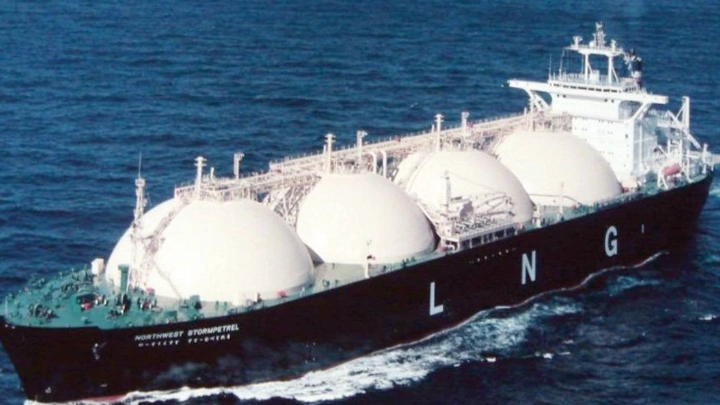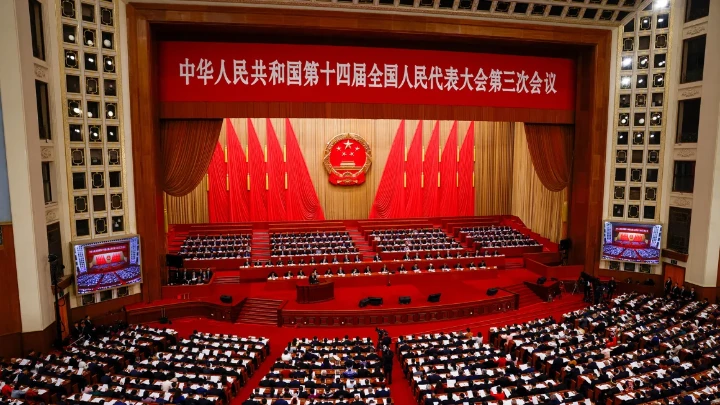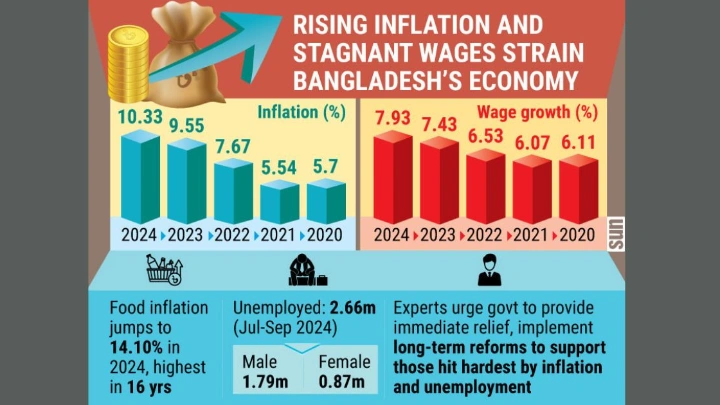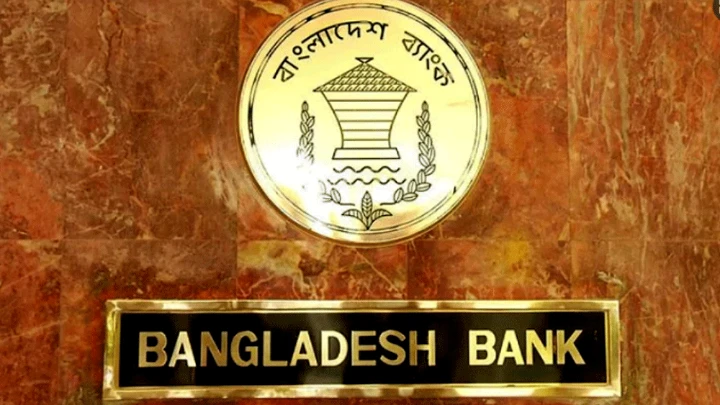Bangladesh’s $50b LNG gambling: A looming crisis for economy, health and climate
DailySun || Shining BD
A new report from Market Forces, Waterkeepers Bangladesh, and Dhoritri Rokkhay Amra (DHORA) has raised alarm over Bangladesh’s ambitious but controversial plan to expand its reliance on liquefied natural gas (LNG) as part of the country’s Integrated Energy and Power Master Plan (IEPMP).
The report warns that this $50 billion investment in LNG power projects and import terminals could lead to significant economic, environmental, and health crises for Bangladesh, including worsening air pollution, devastating climate impacts, and financial instability.
Titled “Expensive LNG Expansion,” the report was unveiled at a press conference held at the Tafazzal Hossain Manik Miah Auditorium of the Jatiya Press Club in Dhaka on Saturday.
The event was chaired by Mujibur Rahman Howladar, former chairman of the National River Conservation Commission, and moderated by Sharif Jamil, coordinator of Waterkeepers Bangladesh. Munira Chowdhury, Asia energy analyst at Market Forces, presented the findings.
According to the report, the IEPMP, which outlines a massive increase in LNG power generation, will not only impose a staggering $50 billion cost on the national economy but could also exacerbate health risks and worsen Bangladesh’s vulnerability to climate disasters such as floods and cyclones.
The proposed LNG power plants, which include 41 new gas-fired plants, would further worsen air quality in a country already facing some of the worst pollution levels in the world.
Mujibur Rahman Howladar was particularly vocal against the plan, emphasising that the LNG projects were a form of resource exploitation that would harm Bangladesh’s public health and natural resources.
“Strict actions must be taken against those responsible for these harmful projects,” he said.
“We do not want any more projects that harm the public. We must hold foreign companies and local actors accountable for these dangerous investments.”
The report highlights that the proposed LNG power plants would be a drain on Bangladesh’s finances, with an additional cost of $7-$11 billion annually for gas imports.
While foreign companies like US-based GE Vernova and Japan’s JERA are heavily invested in the LNG expansion, critics argue that this dependence on imported fossil fuels is unsustainable and harmful to both the economy and the environment.
Munira Chowdhury, the report’s author, pointed out that the funds allocated for LNG projects could instead be used to help Bangladesh become a leader in renewable energy.
“An amount of $36 billion spent on LNG power plants could instead enable Bangladesh to harness 62GW of renewable energy—more than double the country's current power generation capacity,” she said.
“We are advocating for a shift away from fossil fuels towards clean energy solutions such as solar and wind, which offer far more sustainable and affordable options.”
Shining BD























